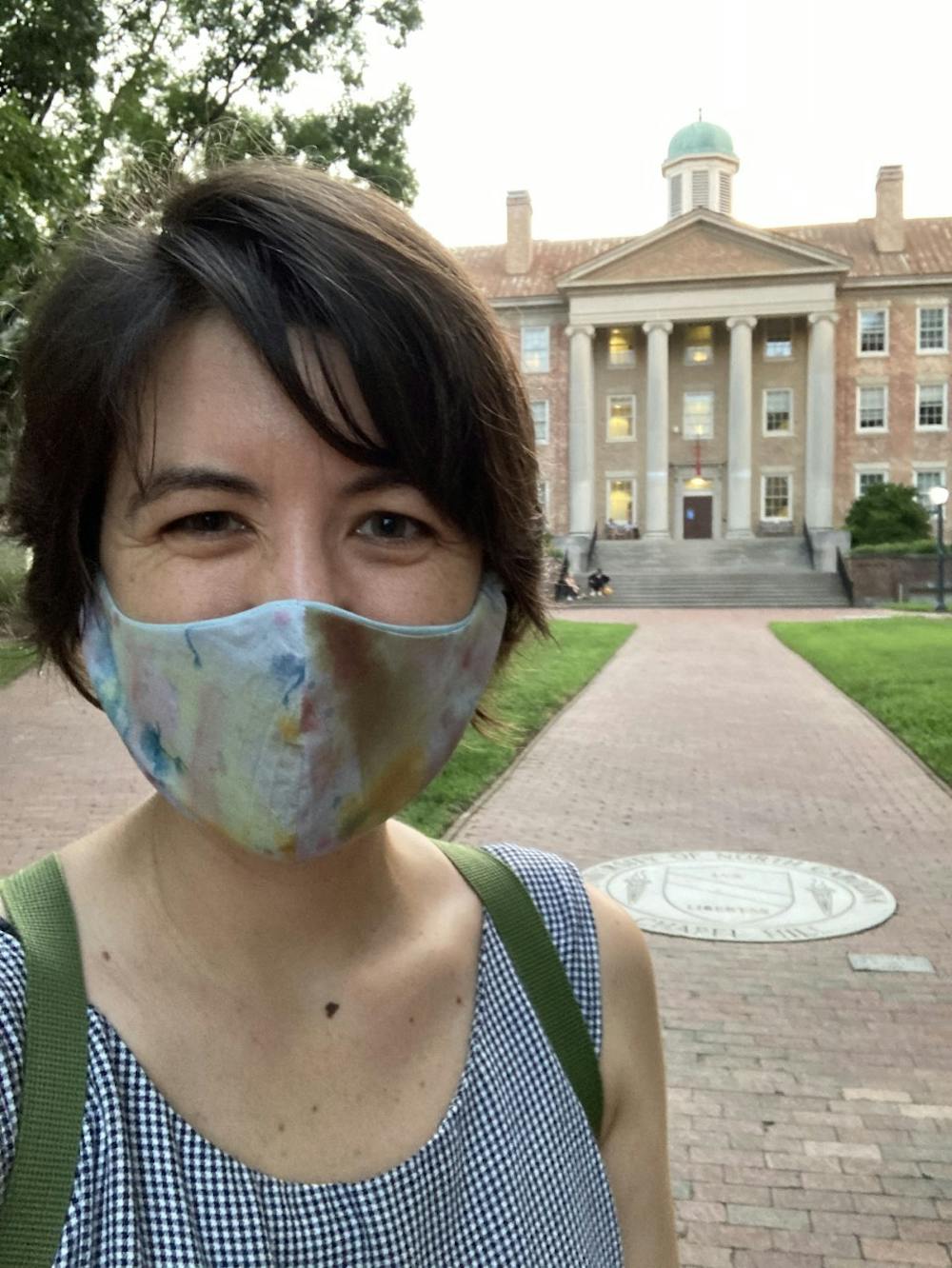Right now, it’s normal to feel abnormal.
Health professionals have recognized masking and social distancing as powerful tools to fight COVID-19, but the sudden necessity of these practices drastically alters how we interact with others.
If you’ve felt uncomfortable while complying, there’s a reason for that. It turns out, the measures society is taking to prevent the spread of COVID-19 defy the brain’s basic programming, which has been honed after years of human evolution.
The Daily Tar Heel spoke with Keely Muscatell, Ph.D., who is an assistant professor in UNC’s Department of Psychology and Neuroscience, a fellow at the Carolina Population Center and faculty at UNC’s Lineberger Comprehensive Cancer Center.
Muscatell studies how factors like stress and loneliness affect physical and emotional states of being, and how social experiences are linked to health outcomes.
This interview has been edited for content and clarity.
The Daily Tar Heel: Sometimes it can feel awkward and unnatural to wear masks and physically separate yourself from people. From a psychological standpoint, why is that?
Keely Muscatell: I feel like this is part of what’s making everything so challenging right now, is that connecting with other people is a fundamental human need. One of my all-time favorite psychology papers argues that exact thing — it’s a fundamental need, like food, water and shelter. We need to connect with others, and some of the things we’re being asked to do right now go exactly in the face of that: maintain physical distance from people, social distance, having to conceal part of our faces that’s really communicatory. There are lots of really good evolutionary reasons why connecting with other people has helped us with survival over the long term and so, it really does fly in the face of many years of evolution and what we know about how human psychology works.
DTH: I’ve read a bit about “insinuation anxiety,” which from what I understand is the feeling of worry that you’re offending someone by, in this case, wearing a mask around them by insinuating that they’re unhygienic. Is that accurate? How might this apply to social distancing measures?




